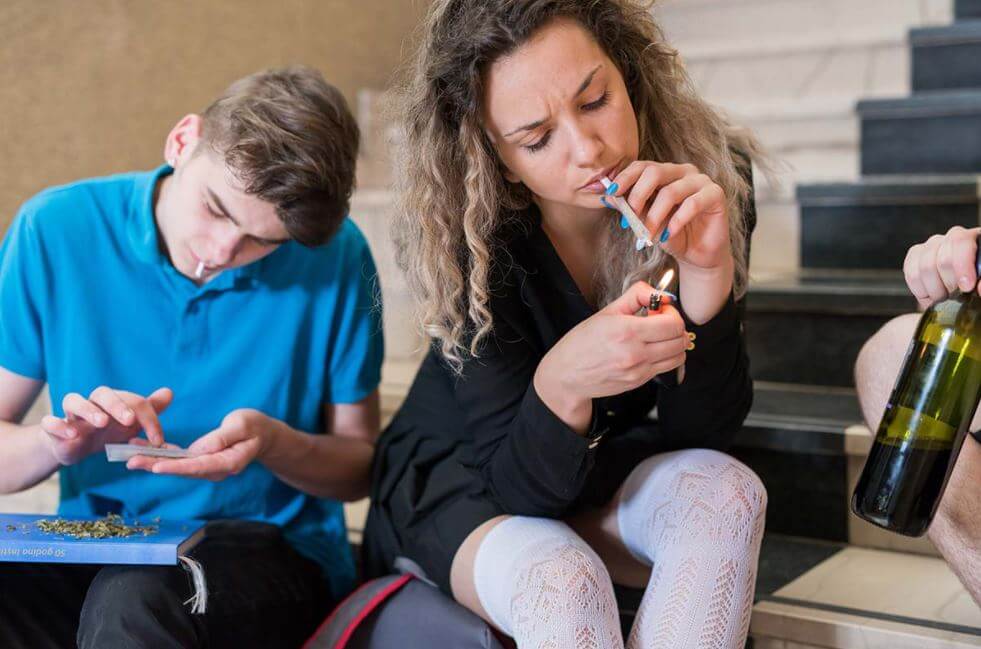To find out that your teenage child might be using drugs is probably every parent’s worst nightmare.
If your teenager denies using drugs or alcohol but you are strongly suspicious that they are not being honest with you, you can have them screened for substances through a doctor or at a drug rehab centre like Recovery Centre White River.
Drug abuse by teenagers is a very real problem and drug use by teens can cause complications throughout the rest of their lives, it is important to understand and recognise the signs of drug use and know how to address it.
One of the first signs of drug abuse in teens that parents should be on the lookout for, is them changing regular habits. Such changes are unfortunately the easiest to ignore because it may seem like isolated incidents at first. Only when it settles into a new, different routine you may realise something is wrong.
Other tell-tale signs of drug abuse in teenagers may include new cravings and an increased appetite or alternatively, a sudden lack of appetite, a change in friend group or stopping to spend time with people they used to hang out with.
Complaints from teachers about misbehaviour in class, a drop in grades and changes in physical appearance are also key signs. The kind of physical changes will vary depending on the substance a person is using and may be harder to spot.
Parents should look out for unexplained bruises, wounds, or marks on arms, shaking or tremors, a lack in personal hygiene or untidy appearance, flushed cheeks or bloodshot eyes, nosebleeds or a runny nose without other signs of a cold and the constant licking of lips.
Secretive behaviour, soot on fingers or lips, strange smells on their clothing or breath, excessive chewing of gum or eating of mints and wearing long sleeves in hot weather when they usually would wear short sleeves would be other key observations.
Behavioural changes like an extrovert starting to get quiet or an introvert withdrawing even further, should further alert a parent, especially if it goes hand in hand with avoiding eye contact, locking doors and going out late at night or disappearing for long periods of time.
When a parent finds a teenager stealing, missing class or work or extramural activities, a parent can see it as a blatant sign that something is wrong.
Often however, the signs are more subtle, so a parent must be alert about any unusual changes to their home environment, such as missing prescription drugs, over-the-counter drugs, or alcohol, containers or wrappers you don’t recognise, drug equipment like smoking devices, eye drops, butane lighters, and syringes.

A parent should of course be aware that many of the behaviours like moodiness, changing friend groups, and poor dressing that can be associated with substances may just be part of going through young adulthood too. It is therefore important to know your child and have a good relationship with him or her, in order to notice when something serious is going on behind the scenes and have open communication channels to find the truth.
Before you make any accusations, you should have the confidence to ask them and give them a fair chance to explain a situation.
As parent, you should also be prepared for how you’re going to act if you find out that they have been using drugs. Your emotions should not dictate your reaction in such a case.
The important thing is to realise that if your teenager really is addicted to drugs or alcohol, they will need assistance to detox from the substance, since it can be painful and even deadly to attempt to withdraw from some substances without professional support such as what you can find at Recovery Centre White River.
Read more: A South African story about addiction, redemption and family-ties now on Showmax
Image Courtesy: www.fortbehavioral.com
